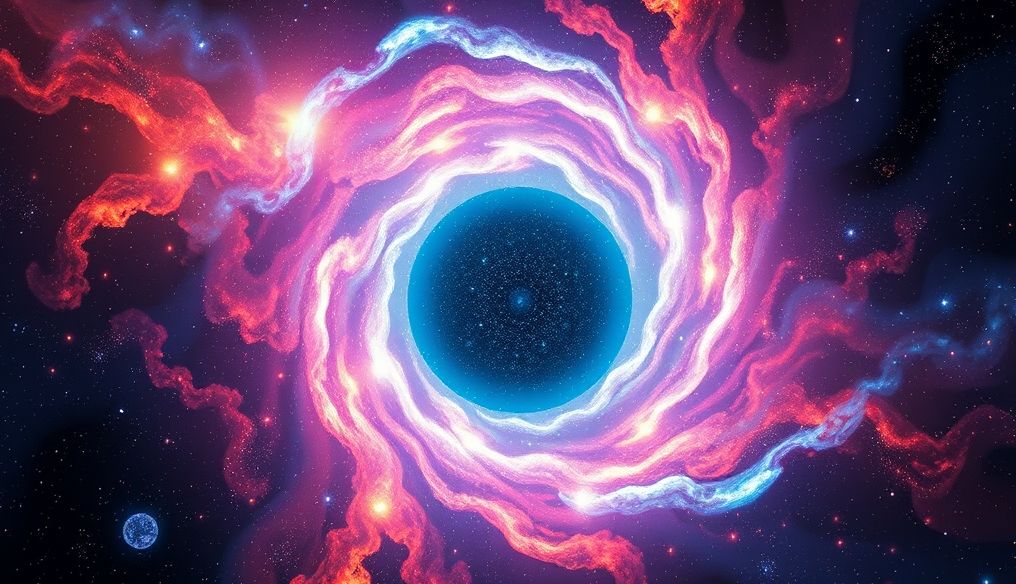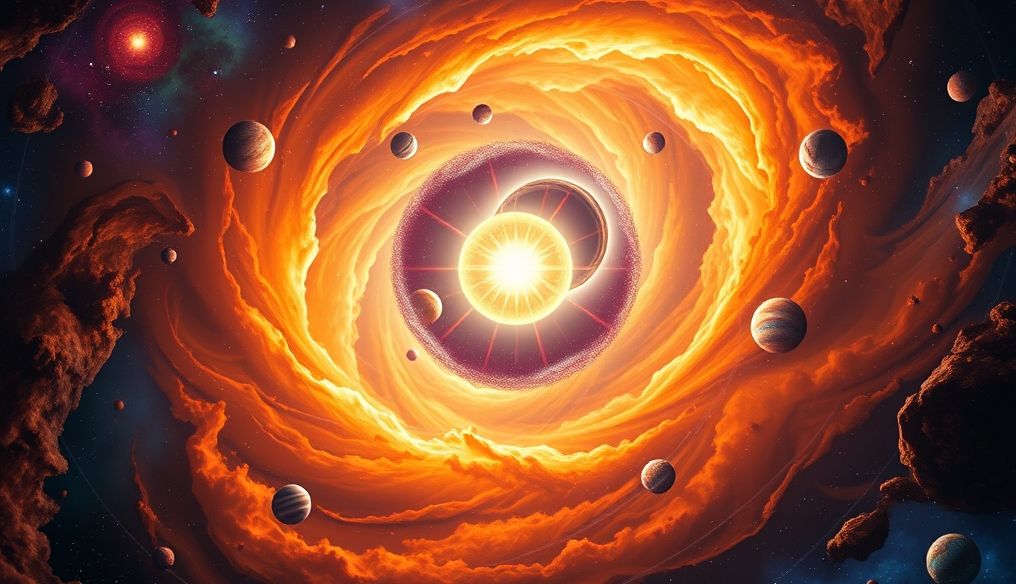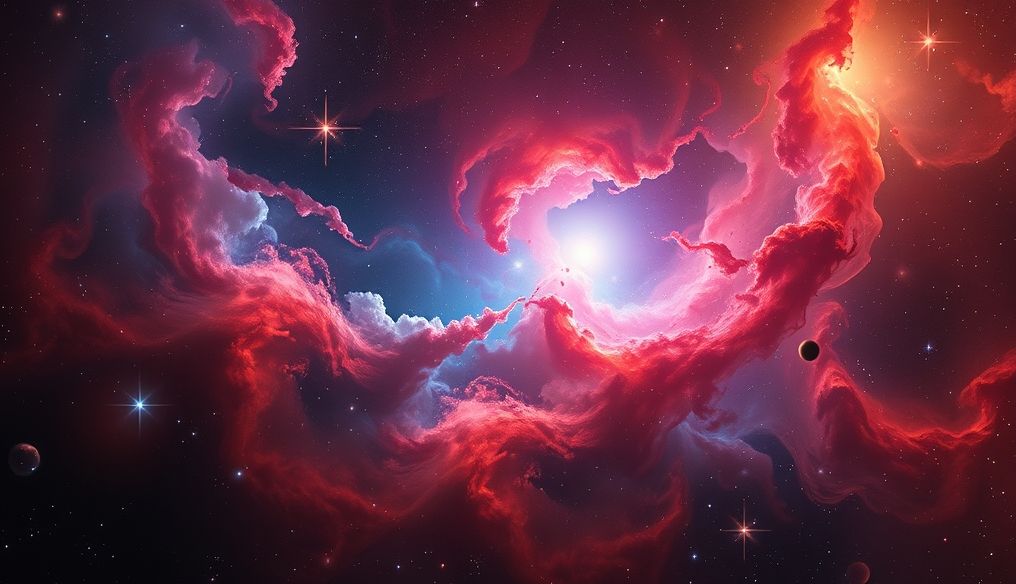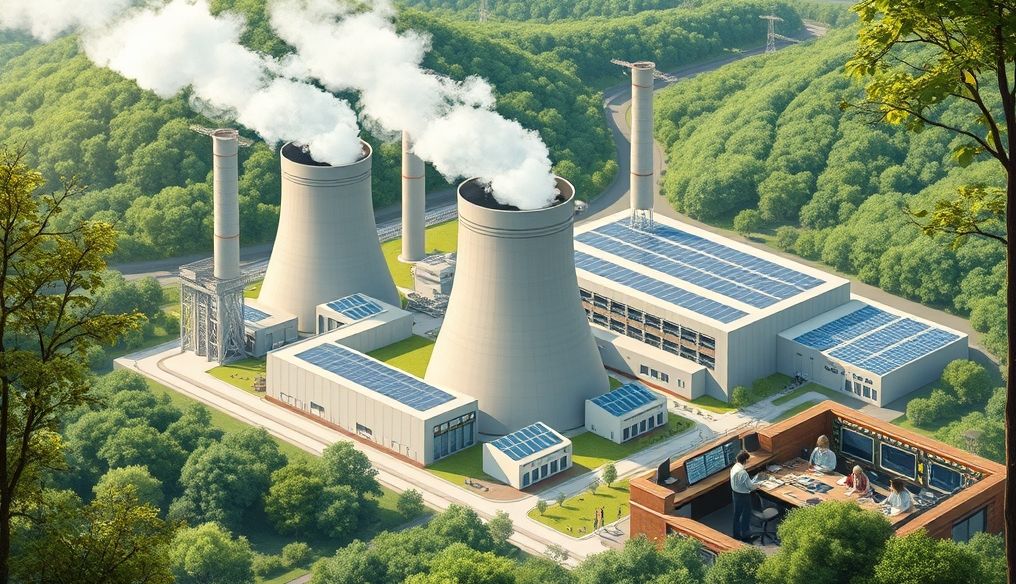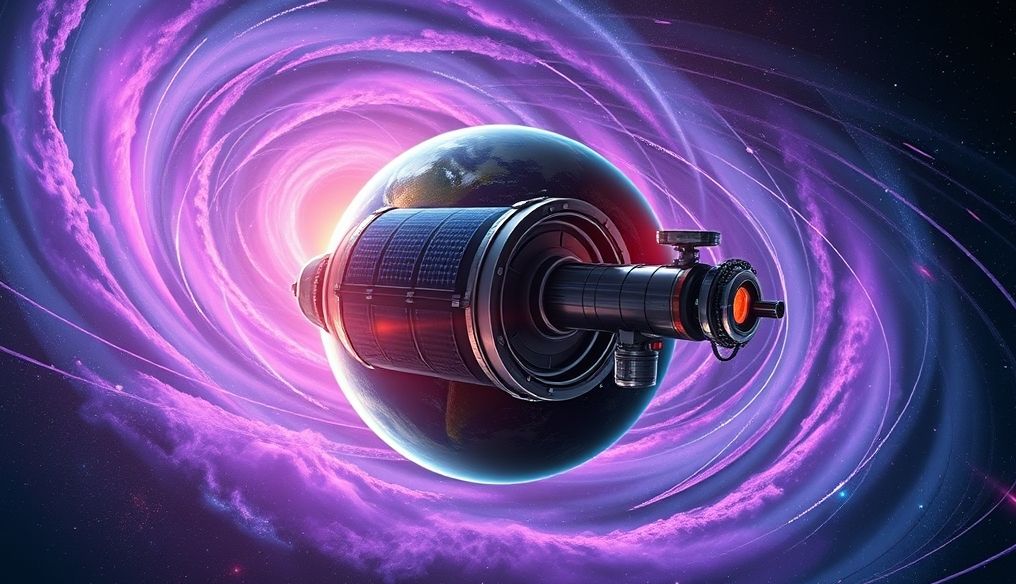What is the Big Bang and How Did the Universe Begin?
The Big Bang is the prevailing cosmological model for the universe. In simple terms, this theory posits that the universe began as an extremely hot, dense singularity that then expanded rapidly, cooling down and forming elementary particles, atoms, stars, galaxies, and everything we see today.
The Origin of the Big Bang Theory
The Big Bang theory didn't emerge suddenly; it was the result of accumulating scientific evidence and observations over decades:
- Expansion of the Universe: In the 1920s, Edwin Hubble discovered that galaxies are moving away from each other, indicating that the universe is expanding. This observation was a cornerstone of the Big Bang theory, as expansion implies that the universe was smaller and denser in the past.
- Cosmic Microwave Background Radiation (CMB): In 1964, Arno Penzias and Robert Wilson detected a faint, uniform radiation across the sky. This radiation was interpreted as the thermal remnant of the early stages of the universe, a strong piece of evidence supporting the Big Bang theory.
- Abundance of Light Elements: The Big Bang theory predicted the relative abundance of light elements like hydrogen, helium, and lithium in the early universe. Astronomical observations have confirmed these predictions, strengthening the theory's credibility.
The Sequence of Events in the Big Bang
Although we cannot fully understand the very first moments of the Big Bang, scientists have conceptualized a plausible sequence of events:
- Time Zero (t=0): This is the hypothetical moment of the universe's beginning. We don't know what existed before this moment, or what caused the Big Bang.
- The Planck Epoch (0 < t < 10-43 seconds): In this extremely early stage, all fundamental forces of nature (gravity, electromagnetism, the strong nuclear force, and the weak nuclear force) were unified into a single force. The physics of this stage are still not fully understood.
- The Inflationary Epoch (10-36 < t < 10-32 seconds): The universe underwent an incredibly rapid expansion in a very short period. Inflation is thought to have resolved many problems faced by earlier Big Bang models.
- Formation of Elementary Particles (t > 10-6 seconds): Energy began to convert into elementary particles such as quarks and electrons.
- Formation of Atomic Nuclei (t ~ 1-3 minutes): The atomic nuclei of light elements like hydrogen and helium began to form.
- Formation of Atoms (t ~ 380,000 years): The universe cooled enough for electrons to combine with atomic nuclei to form neutral atoms. At this point, the universe became transparent to radiation, allowing the CMB to propagate.
- Formation of Stars and Galaxies (t > 100 million years): Gravity began to clump matter together to form stars and galaxies.
- Continuous Evolution: The universe continues to expand and evolve to this day.
Evidence Supporting the Big Bang Theory
There is a wealth of evidence supporting the Big Bang theory, including:
- Expansion of the Universe: As mentioned earlier, the expansion of the universe is a key piece of evidence.
- Cosmic Microwave Background Radiation: The CMB provides a snapshot of the early universe, and it matches theoretical predictions.
- Abundance of Light Elements: The relative abundance of light elements in the universe matches the predictions made by the Big Bang theory.
- Distribution of Galaxies: The distribution of galaxies in the universe shows a specific pattern that aligns with theoretical predictions.
Challenges and Open Questions
Despite the Big Bang theory's success in explaining many cosmic phenomena, it still faces some challenges and open questions:
- What caused the Big Bang? The Big Bang theory does not offer an explanation for why the Big Bang occurred in the first place.
- What is the nature of dark matter and dark energy? Dark matter and dark energy make up most of the mass and energy of the universe, but we don't know their nature.
- What is the fate of the universe? Will the universe continue to expand forever, or will it eventually collapse in a "Big Crunch"?
The Big Bang and Health & Fitness
The Big Bang might seem far removed from health and fitness, but understanding the universe helps us appreciate our place in it. We are part of this vast cosmos, and we depend on it for everything. Understanding our cosmic origins might inspire us to take care of our health and fitness, and to preserve our planet for future generations.
The Big Bang and Cooking & Cuisine
Even in cooking, we can see the effects of the Big Bang. All the elements we use in cooking, from the carbon in vegetables to the iron in meat, were created in stars that formed after the Big Bang. Every meal we eat is a celebration of the universe and its evolution.
The Big Bang and Technology
The technology we use today, from smartphones to satellites, relies on our understanding of the physics that governs the universe. Our understanding of the Big Bang has allowed us to develop new and innovative technologies that have transformed our lives.
The Big Bang and Self-Improvement
Thinking about the Big Bang can help us put our problems into perspective. We are a small part of a vast universe, but we have the power to make a difference. Our understanding of our place in the cosmos can inspire us to live a life of meaning and purpose.
Conclusion
The Big Bang is the prevailing scientific theory about the origin of the universe. Although we still don't understand everything about the Big Bang, we've come a long way in understanding our cosmic origins. Studying the Big Bang not only helps us understand the universe, but it also helps us understand ourselves and our place in it.
Note: This article provides a simplified overview of the Big Bang theory. There are many complex details that have not been covered here. For more information, please refer to reliable scientific sources.
